#LawAndOrder
Stellantis Investors Fume Over CEO Pay Amid Job Cuts, Plant Closures, Supplier Strife
Stellantis CEO Carlos Tavares’ pay increase has annoyed a subset of shareholders as the automaker positions itself for more layoffs and attempts to shift the production of electric vehicles to countries where labor is cheaper. Meanwhile, the automaker's unwillingness to renegotiate contracts with suppliers had created additional tension with its business partners.
Italian Government Upset Alfa Romeo ‘Milano’ Will Be Built in Poland
The Italian Minister for Business has criticized Stellantis for manufacturing the Alfa Romeo Milano outside of the country, suggesting that the automaker had likely violated the law.
Someone Is Recording People Repeatedly Failing to Make Mystery Turn
Earlier this week, a friend sent me a video where over a dozen vehicles failed to negotiate a mystery turn somewhere within North America. The following day, someone else shared the turn with me and this continued until it seemed like everyone I knew had seen the footage of the impossible mystery turn.
Those with a taste for vehicular mayhem are likely aware of the Norfolk Southern–Gregson Street Overpass, perhaps better known as “ The Truck Killing Bridge.” Located in Durham, North Carolina, the site consists of a railroad bridge covered in warning signs that’s just short enough to cleave the tops off unsuspecting commercial vehicles, buses and RVs. The location became so infamous for absolutely wrecking trucks that a local office worker decided to set cameras up in 2008 to capture the magic, resulting in one of the best websites in history.
Cleveland City Planners Change Policies to Create 15-Minute City
Cleveland, Ohio, has approved new zoning and transportation policies that are angling to transform it into the next “fifteen-minute city,” The City Planning Commission voted to move forward with changes to building codes in several pilot neighborhoods it wants to make more pedestrian friendly. However, such policies have become contentious with European examples further down the path of progress seeing relatively consistent opposition due to the fact that the ultimate goal is to eliminate the automobile.
Driving Dystopia: Judge Dismisses Automotive Privacy Lawsuit
Last week, a federal judge refused to have the courts reexamine a gaggle of class action lawsuits claiming automotive manufacturers had violated Washington State's privacy laws after allegations that on-board infotainment systems were recording customers’ private text messages and mobile phone call logs. Despite substantial evidence that the above claims are not only true but also just the tip of the iceberg as manufacturers have normalized some of the most egregious data harvesting we’ve seen, the Seattle-based judge said the allegations were not severe enough to be considered a violation of the Washington Privacy Act (WPA).
Maine Approves Right-to-Repair Rules, Auto Lobby Annoyed
The State of Maine has voted "yes" to Question 4, which mimics the right-to-repair legislation that passed in Massachusetts three years earlier. This makes Maine the sixth state in the U.S. to approve such a measure and requires automakers to standardize modern vehicle onboard diagnostic systems and make them available to both customers and any independent repair shops they’d like to use.
While the decision represents another important victory for the right-to-repair movement, the world’s largest automotive lobby predictably bemoaned the situation.
U.S. Regulator Proposes Updated Rules for Autonomous Vehicles in Exchange for Data
The National Highway Traffic Safety Administration (NHTSA) proposed a new national program to update the regulations surrounding autonomous vehicles this week. Updated rules would presumably allow automakers to field more self-driving test vehicles on public roads than we’ve seen thus far in exchange for those companies sharing the data those cars collect with the government.
Due to the fact that any autonomous vehicle lacking human controls (e.g. steering wheels and pedals) have to be given exceptions from the Federal Motor Vehicle Safety Standards (FMVSS) to legally operate in populated areas, NHTSA leadership believes that having access to the data they’ve collected will be useful in informing decisions on how the rules could be changed. The claim is that the resulting information will help regulators update safety standards to incorporate self-driving vehicles. But it’s also going to be a privacy issue, as citizens have already expressed their dismay with automakers even considering sharing AV data with local authorities.
Philly Towing Company Busted for Running Catalytic Converter Theft Ring
Looking at the news, it’d be easy to think that catalytic converter theft is carried out by a wily group of bandits under cover of night, but that’s not always the case. A Philadelphia-based towing company is in hot water after almost a dozen people ran a theft ring that racked up millions in stolen catalytic converters.
NHTSA Tells Auto Industry Not to Comply With Massachusetts Data Laws
The National Highway Traffic Safety Administration (NHTSA) has advised automakers not to comply with a Massachusetts vehicle telematics rule designed to ensure customers have control over what happens with their private data. It’s the regulators' assertion that companies are obligated to enforce federal standards while suggesting that the state law poses safety concerns.
Interestingly, that’s the exact same claim the automotive lobby was making when the Massachusetts law was up first for debate and leaves one wondering who exactly the NHTSA is advocating for.
Dieselgate Resurgence: Ex-Audi CEO Faces Conviction in German Regulation Scandal
Reports have emerged in Germany that former Audi CEO Rupert Stadler is about to become the upper-echelon automotive executive convicted in the diesel emissions fiasco perpetrated by Volkswagen Group. A Munich court issued a preliminary assessment on Tuesday, stating that an accusation of fraud had been substantiated.
EPA Considering Tougher Emission Rules for Big Trucks
The U.S. Environmental Protection Agency (EPA) will reportedly consider adopting new emissions rules for large trucks after Congress passed fresh incentives designed to accelerate the national adoption of zero-emission vehicles.
Oregon Sees Sizable Stolen Catalytic Converter Bust
As you may have already heard, catalytic converter thefts are on the rise for a myriad of reasons. Crime is up in general, the economy is in rough shape, they're pretty easy to steal, difficult to track, and the price of certain metals found inside the emission-limiting devices (e.g. platinum, rhodium, and palladium) absolutely skyrocketed after global shutdowns stifled production. The issue has actually gotten so bad that even relatively small cities are reporting organized theft rings getting busted with piles of catalytic converts on hand.
Europe Now Requires Speed Regulators for All New Vehicles
On July 6th, the European Union formally introduced laws that require auto manufacturers to install speed-limiting hardware on new vehicles. While speed governors have been around for years (and are becoming increasingly popular among certain manufacturers) the EU’s new rules actually require technology that takes things a step further by allowing cars to actively detect and then regulate the speed for any given road.
Digital License Plates Gaining Traction in U.S.
Michigan has opted to allow digital license plates, making it the third state – after California and Arizona – to give them legal backing. The state’s legislature passed the necessary laws in 2019, making it legal for vehicles registered in Michigan to utilize digital vehicle identification while traveling throughout the rest of the nation. But the company that produces them, Reviver, has only just recently found itself in a position to furnish them.
Black Market Gasoline Now Available On West Coast
Now that fuel prices are approaching levels you probably never thought you’d see in your lifetime, black-market gasoline has become a thing. Local reports coming out of Nevada are claiming that thieves have begun loading up trucks with stolen gas so they can sell it at a discount. Considering the average price per gallon now exceeds $5.50 for the region, it’s easy to see why some people might be willing to roll the dice and buy discounted fuel of an unknown origin.
But the most lucrative scheme is to transport stolen gas into California, where the prices exceed $6.30 across the state. Here, thieves can sell their ill-gotten petroleum at broader margins. But it takes a special kind of vehicle and a little planning not to blow the additional profit on the trip itself. Tankers aren’t exactly easy to come by and are hardly the least-suspicious way to haul around stolen fuel, so thieves are modifying trucks and vans that can pass as light-duty vehicles.






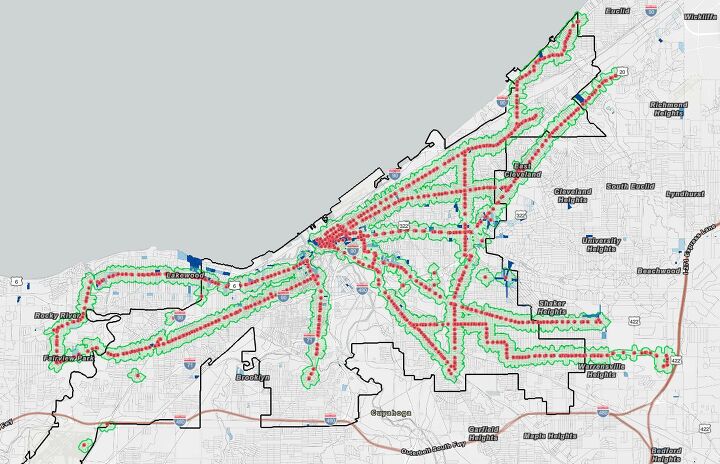


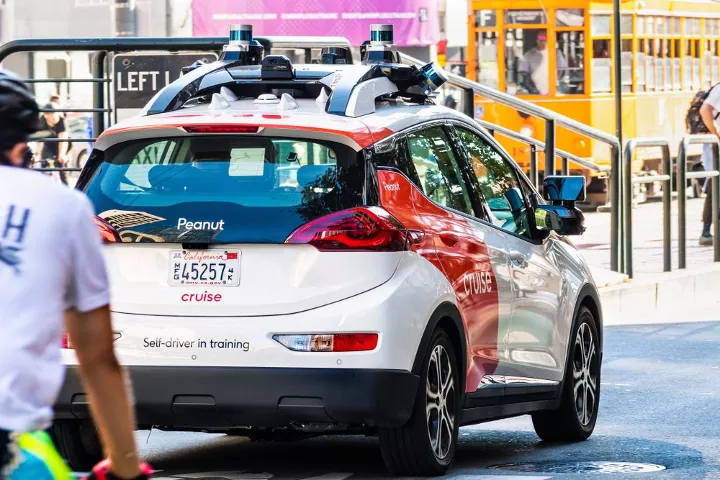
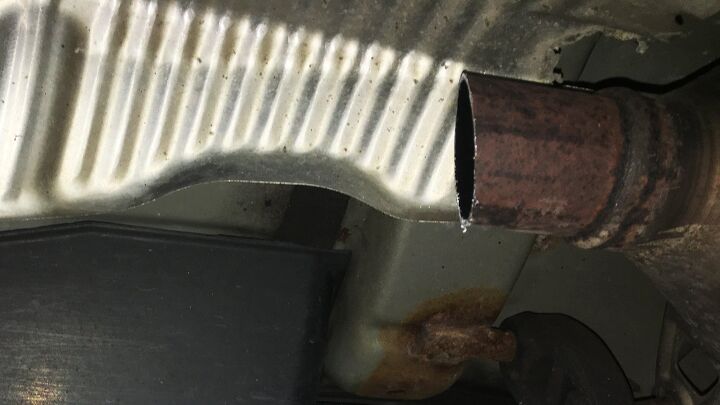
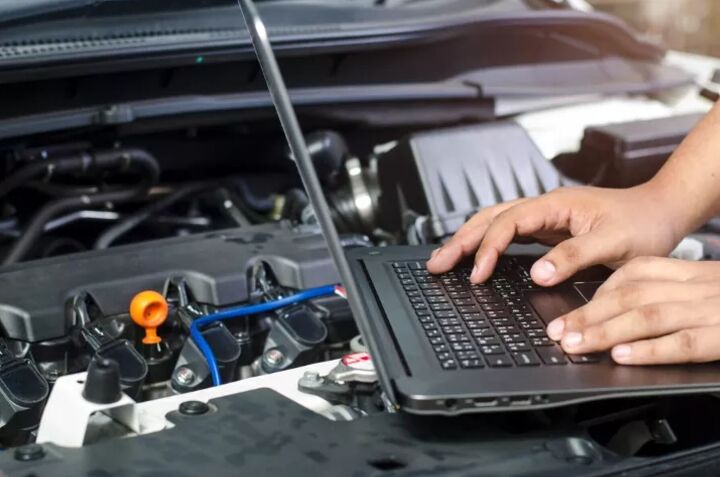


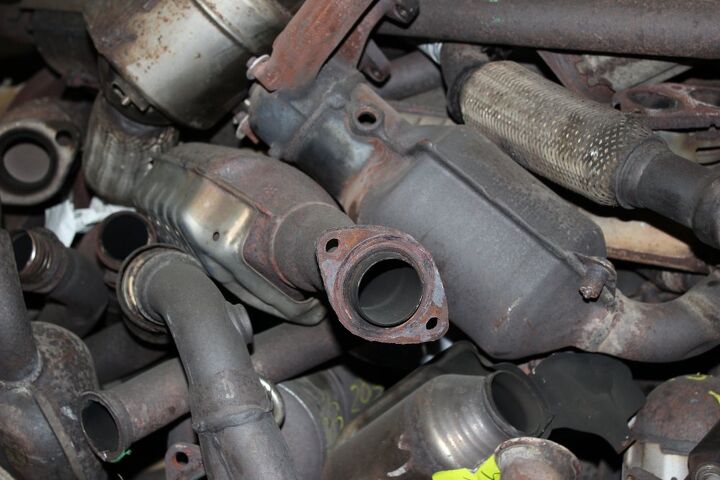















Recent Comments